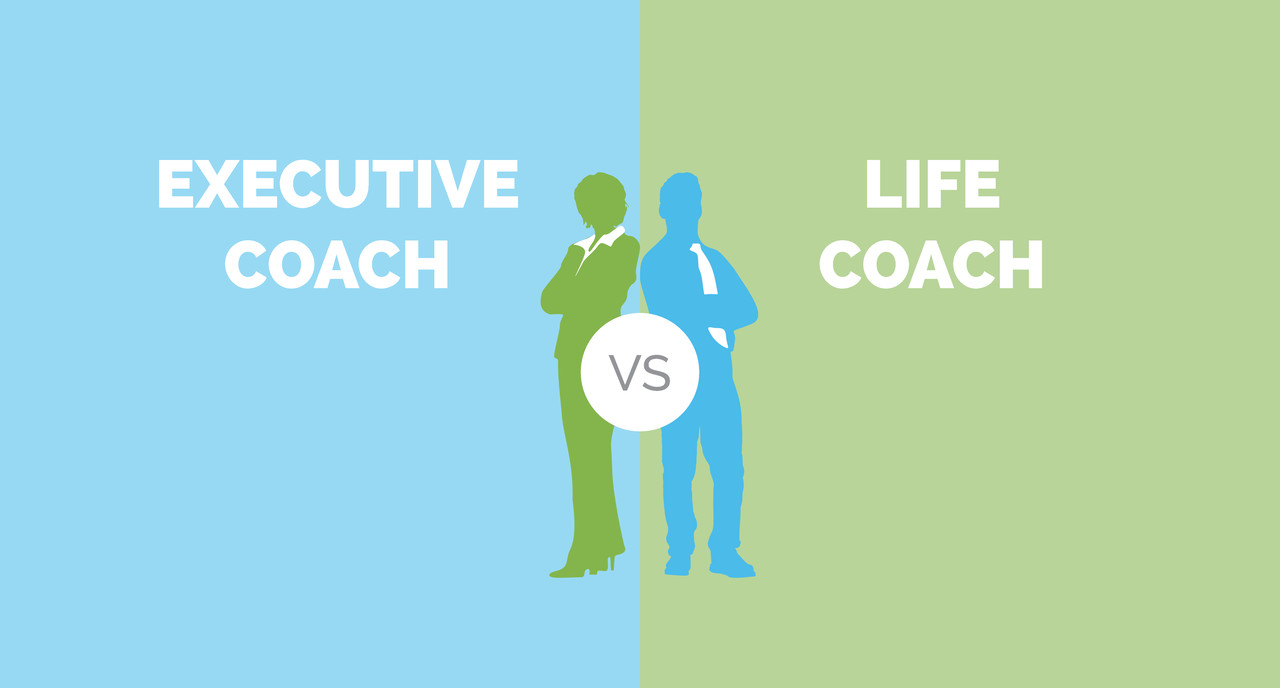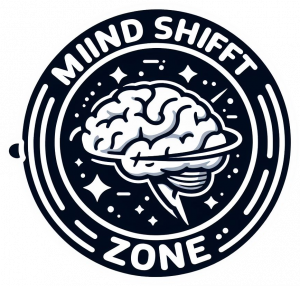One of the most common questions we get at Upskill Coach is: ‘what is the difference between life coaching and executive coaching?’ And this can be a difficult question to properly answer because the differences are numerous and intricate.
So to avoid further confusion – and help you understand exactly what kind of coaching you need – we’ve put together a brief guide to the differences.
Let’s start with the basics:
The clearest difference between life coaching and executive coaching is what you focus on
At the most fundamental level, life coaches and executive coaches focus on very different aspects of the coachee’s life.
An executive coach primarily looks at an individual’s professional life, often emphasising aspects like leadership skills, stress management and understanding how an individual’s actions impact their employees or team members.
In contrast, a life coach focuses on the coachee’s personal life – their personal relationships, goals and aspirations and barriers to happiness.
This not only means the process of coaching is different, but they are enlisted in very different circumstances: life coaching is more likely to be sought out by individuals, whereas executive coaching is often offered by businesses in order to help develop their leaders’ skills and improve their human capital.
The technical difference between life coaching and executive coaching
While all coaching shares certain qualities – an emphasis on self-awareness and active listening, for example – there are many specific technical skills which are used in executive coaching but rarely in life coaching.
Executive coaches are often tasked with helping leaders improve their leadership style, and that requires a clear view of how the leader is perceived. Many executive coaches, therefore, undertake in-depth interviews with a client’s co-workers or team members, as well as using techniques like scientific personality assessments.
The overlap: how different types of coaching connect
Despite the clear difference between life coaching and executive coaching, many coaches are quick to emphasise that these distinctions are often less stark in practise. Executive coaching may focus on leadership skills and workplace performance, but many coaches believe that improving these areas necessitates a certain amount of introspection about a coachee’s life more generally.
The reality, of course, is that all coaching is about individuals, and most individuals don’t draw clear enough boundaries between work and life. If an executive is struggling to manage a new team, that struggle will inevitably feed into challenges they face in their normal life – and vice-versa.
From experience, Aries Yeo mentioned that many times, when coaching an individual about their fulfilment/purpose in life, it will gradually extend to the kind of leaders they are. On the other hand, the coaching of a leader is very much knowing who you are and bringing out their full authenticity.
Ultimately then, both life coaching and executive coaching are about helping people thrive – and that means they will always have more points of similarity than difference.











